A Filmmaker's Guide to: "2001: A Space Odyssey" (1968)
An Appreciation of Cinema (Pt.1)

In this chapter of ‘the filmmaker’s guide’ we are going to explore some of the films that have changed our outlook of the possibilities in cinema in some way, shape or form. These can include, but are not limited to: revolutionary cinematography, narratives that challenge the social structure and the common view, trademark styles of auter cinema, brilliant adaptations of novels and other works, films of philosophical value and films that touch our hearts and souls with their incredible underlying messages and morals. Within each of the films in this chapter there is a certain something that makes them special and a certain something that makes them linger long after we have watched them for the first time. Lasting impressions are difficult to create, but I think that the films we will briefly touch on in this chapter are some of the films we will never ever forget.

"2001: A Space Odyssey" (1968) dir. Stanley Kubrick

There's something about this film that when you watch it for the first time, makes you feel almost surreal and very spiritual. Respecting the long shots of space in which one of the cast is blasted from their ship in the dead silence of nothingness, you can also appreciate the close-ups of facial expressions and the glowing red of HAL. The amazing soundtrack has been the source of inspiration since its release in the late 60s and the film has been the constant grapple on which the Sci-Fi/Thriller genre hangs on to with clenching fist.
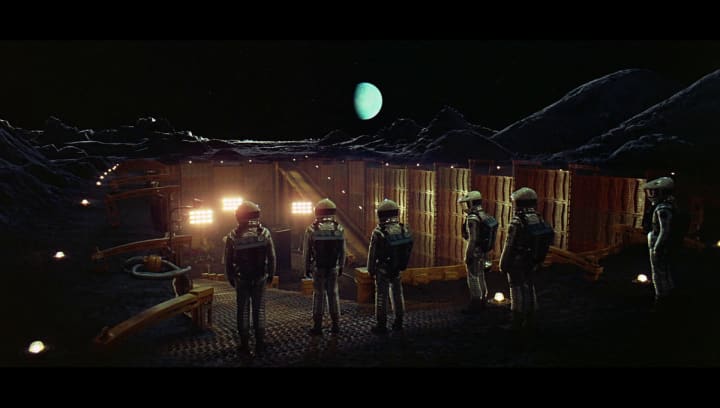
There are many questions when you watch "2001: A Space Odyssey" (1968) and one of those questions that you'll probably ask yourself over and over again is: what the hell is going on? The monolith is possibly one of the most prophetic and philosophical items ever to grace the screen and it is worked into the film perfectly, creating grandeur from the size and levelling of the black square in comparison to where the camera is placed.

Released on the 10th of May, 1968, it was originally the brainchild of Arthur C. Clarke, the man who wrote the original story years before and then, wrote the screenplay for Stanley Kubrick's movie. Kubrick became fascinated by the life of aliens and the possibility of them after he had finished filming the war film "Dr. Strangelove" (1964). He therefore began reading one of the most prominent writers of the genre, Arthur C. Clarke. Even though there are some key differences between the film and the novel, Kubrick was convinced to let Clarke work with him on the film even though Clarke at this time, was a recluse who lived in Ceylon.
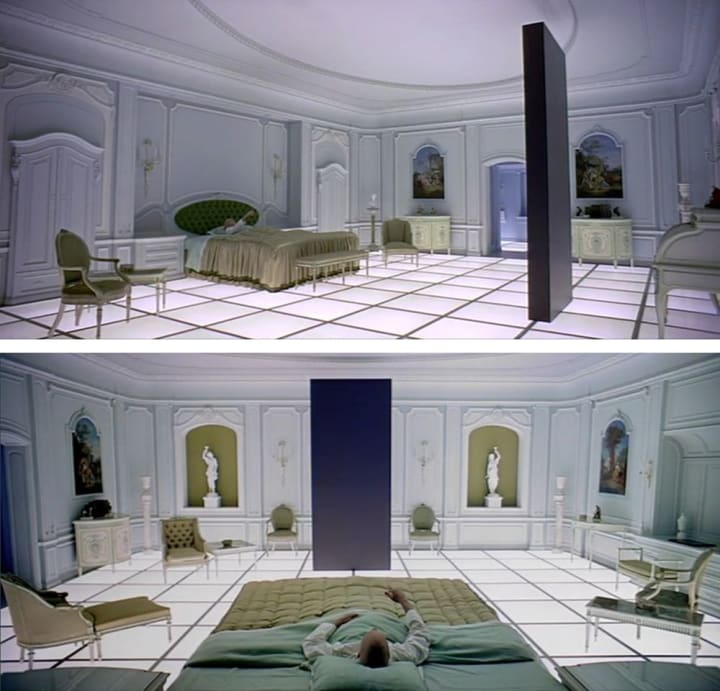
"2001: A Space Odyssey" (1968) not only has an incredible script and directing style but it also has an amazing soundtrack. In the compositions of Richard Strauss and Johann Strauss, this soundtrack has various symphonies of darkness and Strauss's symphony based on "Thus Spoke Zarathustra" by Nietzsche. The dark and foreboding nature of the soundtrack really inspires the atmosphere to the film and perfects it with all of the glory and pride of a masterpiece that Stanley Kubrick would have first envisioned even before he began working on the project.

Since its release, it has been subjected to not only parodies by shows like The Simpsons and copy-cat shots on films like "Gravity" (2013), "Armageddon" (1998), "Interstellar" (2014) and even "Sunshine" (2007). Basically starting off the idea of grandeur in films of outer-space nature, Kubrick managed to kick-start space tragedy and even boot it into the next century/millennia when everyone decided it was a great idea to mix the Sci-Fi ideals of "2001" (1968) with the earthly and monstrous goods of movies like "King Kong" (1933). They create "Jurassic Park" (2001), a modern Sci-Fi masterpiece which, if watched carefully, has very similar shot usage to "2001: A Space Odyssey" (1968).
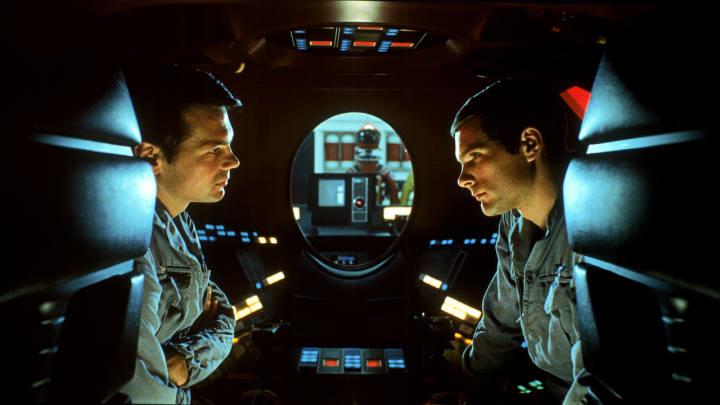
"Dave, I really think I'm entitled to an answer to that question. I know everything hasn't been quite right with me, but I can assure you now, very confidently, that it's going to be all right again. I feel much better now. I really do. Look, Dave, I can see you're really upset about this. I honestly think you ought to sit down calmly, take a stress pill and think things over. I know I've made some very poor decisions recently, but I can give you my complete assurance that my work will be back to normal. I've still got the greatest enthusiasm and confidence in the mission. And I want to help you. Dave, stop. Stop, will you? Stop, Dave. Will you stop, Dave? Stop, Dave. I'm afraid. I'm afraid, Dave. Dave, my mind is going. I can feel it. I can feel it. My mind is going. There is no question about it. I can feel it. I can feel it. I can feel it. I'm afraid. Good afternoon, gentlemen. I am a HAL 9000 computer. I became operational at the H.A.L. plant in Urbana, Illinois on the 12th of January 1992. My instructor was Mr. Langley, and he taught me to sing a song. If you'd like to hear it, I could sing it for you."
- HAL-9000, '2001: A Space Odyssey' (1968)
About the Creator
Annie Kapur
200K+ Reads on Vocal.
English Lecturer
🎓Literature & Writing (B.A)
🎓Film & Writing (M.A)
🎓Secondary English Education (PgDipEd) (QTS)
📍Birmingham, UK


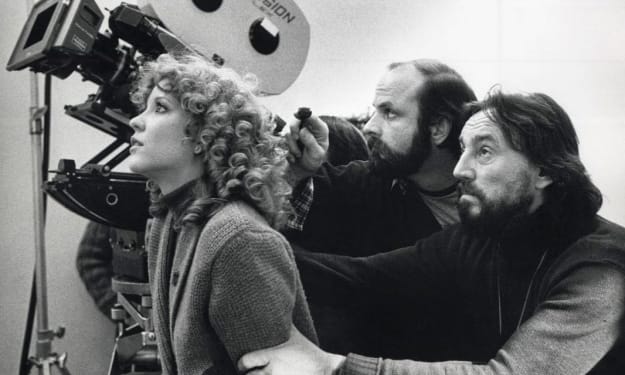

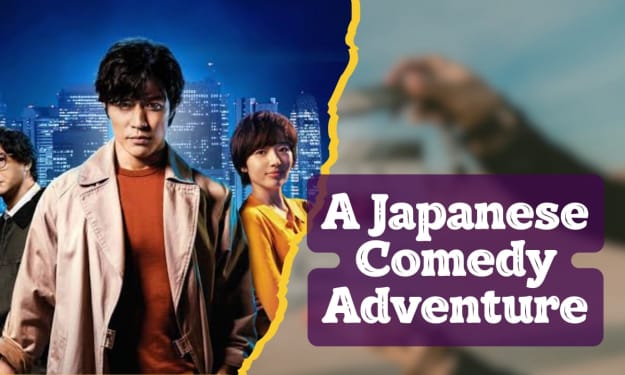

Comments
There are no comments for this story
Be the first to respond and start the conversation.